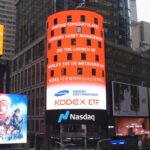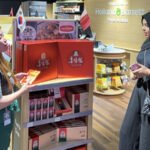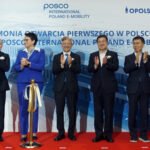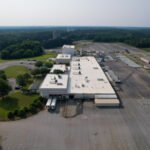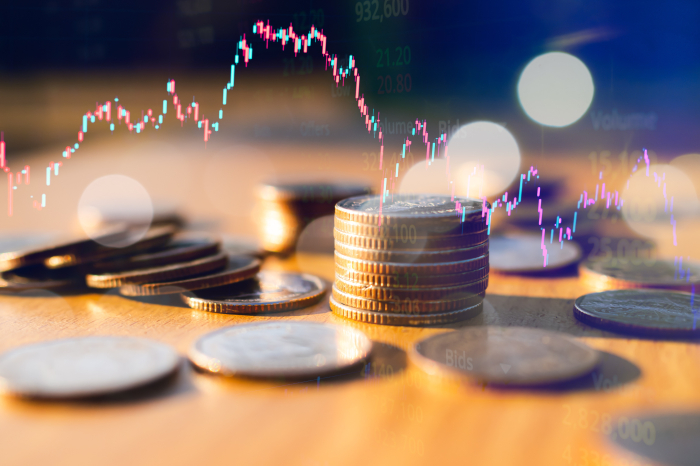
SK and Lotte groups remain the focus for South Korean dealmakers as the two conglomerates are accelerating restructuring by divesting non-core assets, a survey shows.
Private equity firms, sitting on record levels of dry powder, are expected to capitalize on the overhauls of Korean business groups amid a slowing economy. The rise of activist funds will further drive their restructuring.
In a survey of chief and senior executives from 56 brokerage companies, pension funds and private equity firms in South Korea, 46 respondents (86.8%) identified SK Group in a multiple-choice question as the South Korean conglomerate likely to be most active in investment banking deals, including M&As, rights issues, and bond sales, in 2025.
Lotte Group followed at 81.1%. Hanwha (35.8%), Shinsegae (17%), CJ (17%), and LG (15.1%) rounded out the list.
The survey was conducted by Market Insight, the capital market news outlet of The Korea Economic Daily, on Jan. 19.
Chemical, oil refining and energy industries will see the most active M&A activity in 2025, with 58.1% of the respondents picking the sectors.
| Sectors expected to undergo active M&As in 2025 | |
| Chemical, oil refining and energy | 58.1% |
| Rechargeable batteries and battery materials | 56.3% |
| Semiconductors and electrical and electronics businesses | 49.0% |
| Bio and pharmaceuticals | 36.3% |
| Shipbuilding, shipping and logistics | 23.6% |
| (Source: Market Insight) | |
SK, South Korea’s No. 2 conglomerate, has been stepping up restructuring to enhance its financial strength. Last year, it completed the sale of SK Rent-a-Car Co. and SK Nexilis Co.’s thin film manufacturing division.
SK Inc., the group’s holding firm, plans to wrap up the sale of specialty gas producer SK Specialty Co. and the merger between SK Innovation Co. and SK E&S Co. this year.
It is also striving to streamline petrochemical operations, while seeking to improving liquidity at battery maker SK On Co.
LOTTE GROUP
Lotte Group, another victim of the petrochemical industry slowdown, is expected to drastically overhaul its group.
“This is the last opportunity to change. Without bold innovation and reform, we can’t survive,” said its group Chairman Shin Dong-bin in a meeting with chief executives of its subsidiaries on Jan. 9.
Last year, the retail-to-petrochemicals group unloaded Lotte Rental Co., South Korea’s No. 1 car rental and leasing company.
It has put one of its core department stores, Lotte Department Store Centum City in Busan, and its Malaysian unit Lotte Chemical Titan Holdingon the market.
Dealmakers said Lotte Group will continue to unload assets held by hotels and retail units in 2025.

On the other hand, Samsung, LG and Hanwha groups are expected to ramp up their hunt for future growth engines.
Samsung Electronics Co. took control of Rainbow Robotics Co., a collaborative robot maker, last month. The world’s largest memory chipmaker will continue to chase robotics and artificial intelligence companies as acquisition targets.
Samsung Electronics Vice Chairman and Co-CEO Han Jong-hee said in a press conference during CES 2025 last week that robotics are a key element of its future growth strategy and it will aggressively pursue M&As to narrow the gap with leading companies.
HANWHA IN GENERATIONAL LEADERSHIP SHIFT
Chemicals-to-defense group Hanwha is looking to buy Ourhome Co., a food catering company. The deal is understood to have been led by Kim Dong-seon, the third son of Hanwha Group Chairman Kim Seung-youn and vice president of Hanwha Hotels & Resorts.
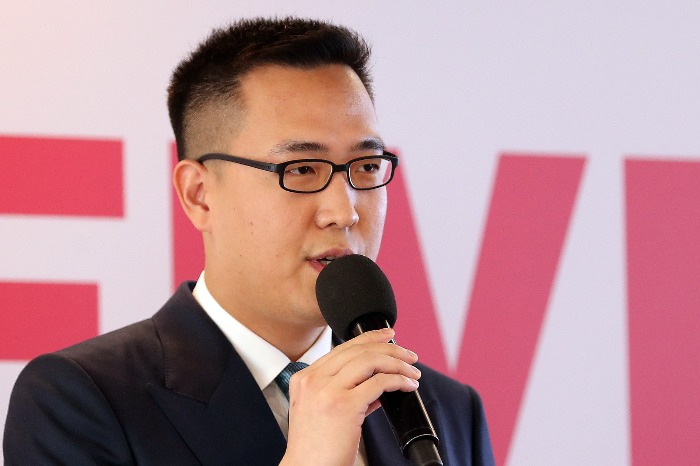
“Hanwha Group will actively chase M&As to facilitate the succession to its third-generation owners, including Vice Chairman Kim Dong-kwan and Kim Dong-seon,” said an investment banker who participated in the survey.
“It will focus on defense, food and beverage companies,” he added.
Last year, the group acquired Philadelphia-based Philly Shipyard for $100 million to bolster its military buisiness in the US.
LG GROUP
The No. 4 business group in the country has earmarked 600 billion won, out of the 1.2 trillion won it raised from IT service provider LG CNS Co.’s initial public offering this month, to buy a foreign IT company.
It is also endevoring to transform LG Chem Ltd. into a high-end products maker to fight the prolonged slump in the petrochemical industry.
PRIVATE EQUITY FIRMS
In the survey, 58.1% of respondents identified the growing influence of private equity firms as a key theme in the domestic M&A market this year.
Their dry power set aside for Korean M&A deals is estimated to have surpassed 40 trillion won combined at the end of 2024, compared with 37.5 trillion won a year before, according to Market Insight’s estimates.
Restructuring efforts by financially distressed chemical and construction companies (56.3%), along with activist funds’ campaigns to enhance corporate value (54.5%), will serve as additional triggers in the M&A market, according to the survey.
“With a record level of dry powder, the demand for M&As will grow in low-growth businesses,” said chief executive of a Korean private equity firm.
By Ik-Hwan Kim and Byung-Hwa Ryu
lovepen@hankyung.com
Yeonhee Kim edited this article.

